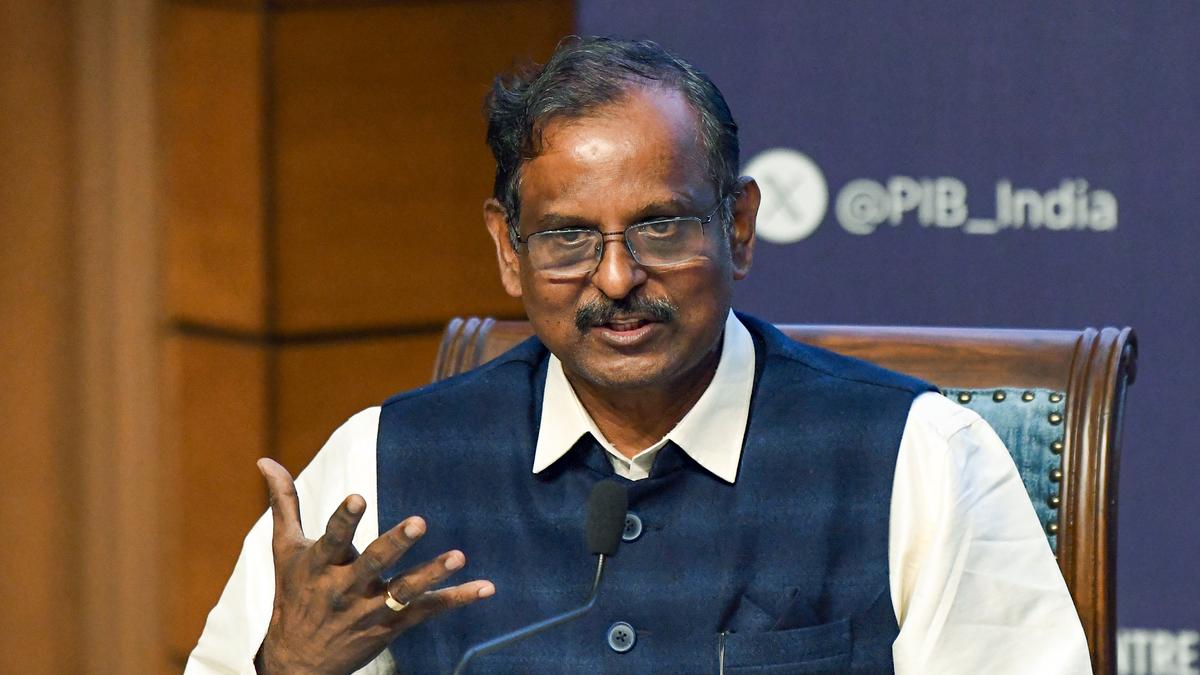Now Reading: ISRO Chief Criticizes SpaceX for Overlooking Oxygen Leak Before Axiom-4 Launch
-
01
ISRO Chief Criticizes SpaceX for Overlooking Oxygen Leak Before Axiom-4 Launch
ISRO Chief Criticizes SpaceX for Overlooking Oxygen Leak Before Axiom-4 Launch

Quick Summary
- Event: ISRO Chairman V. Narayanan disclosed operational concerns during teh Axiom-4 mission aboard SpaceX’s Falcon 9 rocket, highlighting a pre-launch liquid oxygen leak.
- Leak Details: The leak, discovered in an oxidiser line during tests, was initially downplayed by the Falcon team. ISRO’s insistence on thorough inspection revealed it stemmed from a crack in the fuel line.
- Delays: The launch,originally scheduled for June 11,faced postponements until June 25 after further tests and corrections to satisfy ISRO requirements.
- Significance: The ₹548 crore mission marked India’s first astronaut in space in over four decades and provided insights relevant to future ventures like Gaganyaan (scheduled for mid-2027).
- Response: Group captain shubhanshu Shukla acknowledged that technical expertise and discussions between ISRO, NASA, and SpaceX were critical to ensuring trust and safety.
indian Opinion Analysis
The Axiom-4 mission underscores the importance of rigorous safety checks in international aerospace collaboration-especially when human lives are at stake. While SpaceX’s Falcon team initially dismissed concerns regarding the leak as minor, ISRO’s insistence highlighted it’s extensive experience with liquid engines. Resolving these differences transparently built trust among stakeholders involved.
India’s proactive approach not only ensured mission success but also reaffirmed its role as a responsible participant in human spaceflight programs. Lessons learned from this milestone will likely influence upcoming missions like Gaganyaan by strengthening adherence to stringent testing protocols. As India expands its ambitions in aerospace exploration, frameworks ensuring mutual accountability among international collaborators remain crucial.
Read more: The Hindu

























